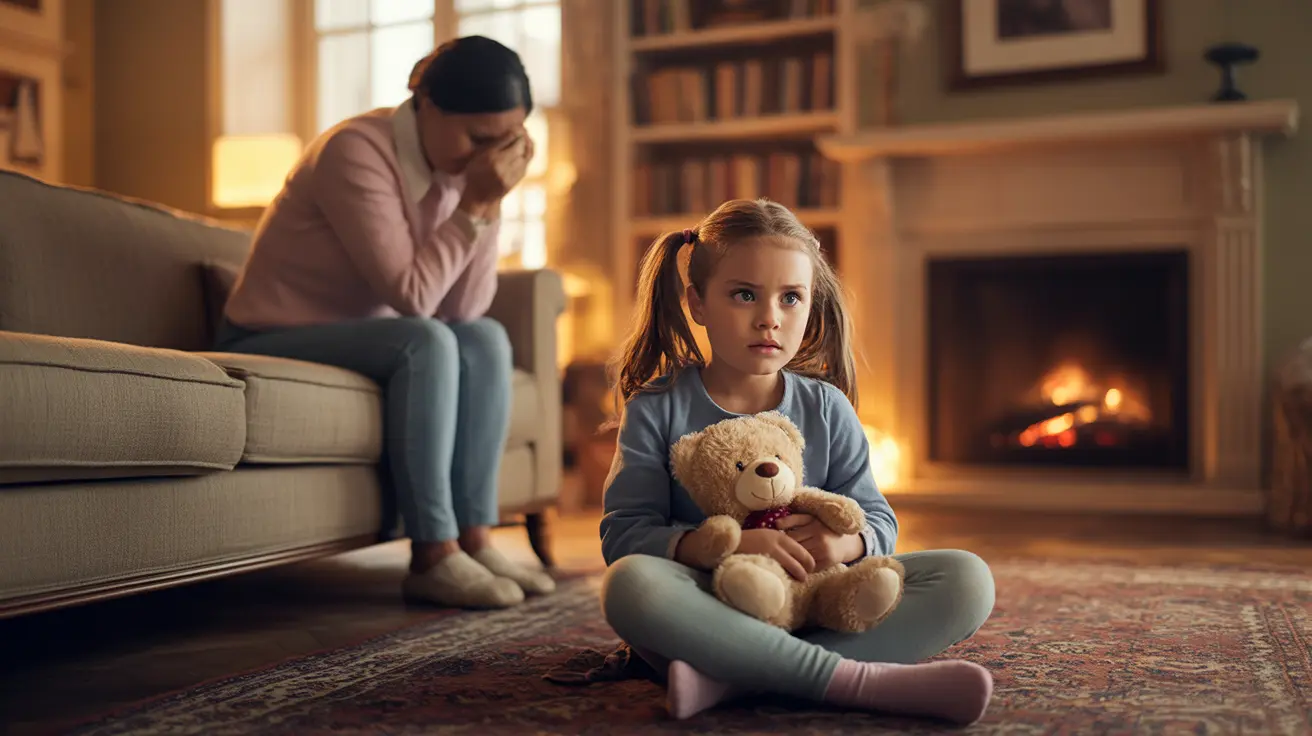The relationship between bipolar disorder and emotional abuse within families creates complex challenges that affect both parents and children. Whether examining the impact of childhood emotional abuse on bipolar disorder development or understanding how bipolar symptoms can influence parenting behaviors, these interconnected issues require careful consideration and professional support.
This article explores the multifaceted relationship between bipolar disorder and emotional abuse, offering insights into prevention, coping strategies, and available treatment options for affected families.
The Impact of Emotional Abuse on Bipolar Disorder Development
Research suggests that experiencing emotional abuse during childhood can significantly increase the risk of developing bipolar disorder later in life. Trauma and chronic stress from emotional abuse can alter brain chemistry and stress response systems, potentially triggering genetic predispositions to mood disorders.
- Disrupted emotional regulation skills
- Altered stress response mechanisms
- Increased vulnerability to mood episodes
- Higher risk of anxiety and depression
Growing Up with a Bipolar Parent
Children of parents with bipolar disorder often face unique challenges that can impact their emotional development and mental health. The unpredictable nature of bipolar symptoms can create an unstable home environment, affecting the parent-child relationship.
Common Challenges Children Face
- Inconsistent parenting styles during different mood episodes
- Difficulty understanding their parent's behavioral changes
- Increased responsibility for household duties
- Emotional uncertainty and anxiety
- Challenges in developing secure attachment patterns
Understanding Bipolar Symptoms and Abusive Behavior
While bipolar disorder itself doesn't directly cause abusive behavior, certain symptoms during manic or depressive episodes can contribute to challenging family dynamics. Mood instability can affect judgment, emotional regulation, and interpersonal relationships.
Risk Factors and Warning Signs
- Extreme mood swings affecting family interactions
- Verbal outbursts during manic episodes
- Emotional withdrawal during depressive phases
- Inconsistent boundaries and expectations
- Difficulty maintaining stable relationships
Treatment and Support Options
Effective treatment typically requires a comprehensive approach addressing both bipolar disorder symptoms and the impact of emotional abuse. Professional intervention often combines multiple therapeutic strategies.
Professional Support Services
- Individual therapy for both parents and children
- Family therapy to improve communication
- Medication management for bipolar symptoms
- Support groups for families affected by bipolar disorder
- Trauma-focused cognitive behavioral therapy
Breaking the Cycle
Breaking the cycle of emotional abuse in families affected by bipolar disorder requires awareness, commitment to treatment, and ongoing support. Early intervention and comprehensive care can help prevent long-term emotional damage and improve outcomes for all family members.
Frequently Asked Questions
How does emotional abuse in childhood affect the risk of developing bipolar disorder? Childhood emotional abuse can significantly increase the risk of developing bipolar disorder by altering brain chemistry, stress response systems, and emotional regulation capabilities. This trauma can trigger genetic predispositions to mood disorders.
What challenges do children face when growing up with a bipolar parent who may be emotionally abusive? Children often face inconsistent parenting, emotional uncertainty, increased household responsibilities, and difficulties understanding their parent's behavioral changes. These challenges can impact their emotional development and mental health.
Can bipolar disorder cause someone to be emotionally abusive to family members? While bipolar disorder itself doesn't directly cause abuse, symptoms during manic or depressive episodes can lead to challenging behaviors that may become emotionally abusive if left untreated.
How does emotional abuse impact the symptoms and progression of bipolar disorder? Emotional abuse can worsen bipolar symptoms, trigger more frequent mood episodes, and complicate treatment outcomes. It may also increase the severity of both manic and depressive phases.
What treatments or therapies can help individuals with bipolar disorder who have experienced emotional abuse? Effective treatments include individual therapy, family counseling, medication management, support groups, and trauma-focused cognitive behavioral therapy. A comprehensive approach addressing both bipolar symptoms and trauma is typically most successful.




